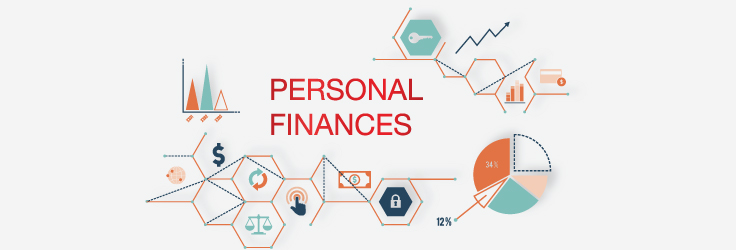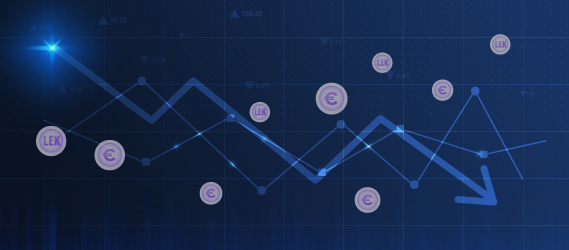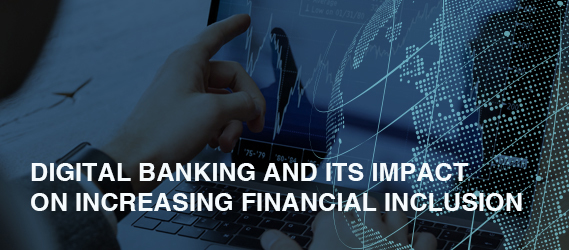
Personal Finances
Just a few months ago the English novelist John Lanchester in his critical book of the financial system as a whole wrote that in the last two years an attempt has been made to search for the causes of the global financial crisis by characterizing the situation where every individual or institution owes someone but none of them is able to repay the obligation. No single institution or individual is the cause but now all together are found guilty. The author goes further with an example citing an American university where the head of the economics department says that I have very brilliant economists but that everyone speaks after the ex-post crisis but none of them was able to speak or write before the crisis to happen.
Extremely much has already been discussed about the crisis that has swept the world and criticism has come from all walks of life and social groups but also those who are criticized or judged as contributors to this crisis are almost all involved in regulatory bodies, governments, financial institutions and individuals. academy etc. Under this very exciting idea and observation we believe that it would help to clarify the factors that bring crisis effects some aspects of personal finances in our daily lives which are one of the main contributors to the situation where the financial system as a whole precipitated and transferring it further in the real sector of the economy.
It is known that the financial market brings together borrowers and investors. When the economy develops and grows there are fewer and fewer individuals and businesses that do not pay their debts / loans on time. Thus, banks increase the amount of credit in the market and make lending conditions ever easier and more affordable and more affordable for individuals and businesses. This increasing credit creates opportunities for assets to be traded more and more. On the other hand, this credit increase increases the possibility for spending and increasing the price of assets. This makes people feel richer as they become more demanding and more optimistic about more credit and so on in a cycle.
There is already a consensus that since lending on very soft terms for several years in a row, the overall maximization of these opportunities by individual clients / small and large businesses, etc. and the abnormal overestimation of real estate have been the three dominant causes that gave shape to the crisis of the financial system.
These three factors are related to client / borrower behavior and how personal finances are managed on the other hand.
Let us first consider the concept of net worth of the individual which consists of the goods / services and products available and consumed / used. While financial assets are not real assets in themselves but a claim on real assets. In other words, they derive from the desire to postpone consumption so that money can be saved for security reasons for the future or for investment purposes to have material goods at a later time.
When the prices of these assets increase, it does not mean that real assets, real wealth at the national level have necessarily increased. A simple illustration of the above argument would be when four individuals who divide a cake into four parts and where the price is three euros / portion if the price becomes five euros / portion there is no reason to believe that these individuals are already rich.
Secondly, the indices that different countries use for the capital markets, since these indices have served as the most representative measures of economic performance, every increase in them has created the intensity for relaxation in credit policies, etc. making it possible for individuals and companies to get more and more loans even when in many cases they could not afford it. This at the national level has led many banks to face the facts when they were massively unable to repay their debts on time and consequently the banks sought liquidity assistance.
Thirdly, the real estate market of houses in particular has been a reason almost all over the world, but the fact is that even in Albania the increase in the price of real estate has been faster than economic growth in most of the last 10 years. This increase in house price does not necessarily make an individual or country richer. Here we have another explanation because for many years we have a crowding out effect in terms of investment in housing and real estate. This increase in house prices has created the impression that individuals are already richer and can afford more loans with more payments per month / quarter, etc. In fact, their monthly / annual income did not change at all, but as in many other cases, even for such decisions, individuals rely on perceptions rather than facts and judgments. In fact the apartment has a function to accommodate individuals for housing and in most cases no matter how big it is or how much it is worth, it performs almost the same function and should not be an incentive to get more loans.
In order not to continue further with the cases when without changing anything from the monthly income of the individual at the moment he is able to benefit from another credit card, a new opportunity for borrowing not only should not feel richer but also becomes richer. poor in terms of net assets as they are usually used for consumption and increase liabilities to be paid later. This is also because he will pay the interest related to the credit card bills which are above the borrowed amount.
Fourth, buying an overvalued asset whatever it is through borrowing / credit not only did not make them richer but on the contrary made them poorer and added problems in debt service and financial management. their individual or business. When these irrational decisions are largely generated effects that contribute strongly to the emergence of liquidity problems on an aggregate scale and the crisis phenomenon that continues to be experienced in the future.
In fact, it is the economic foundations that should orient the space for borrowing, in general this also applies to individuals / families. Information and education on personal financial management when it comes to individuals and those of the firm when it comes to business is critical. The banking system has been and will always be creative in finding methods to make increasingly attractive sales of loans for which they are in business. When we say economic foundations, we mean the judgment in the medium term and not just the mathematical and evaluation models and profiles that are widely used today by banks to profile customers. Let us not forget that mathematical modeling has often created complexity in the decision-making of the person / family / company. On the other hand, the maximum perfection of the art of selling by becoming more and more aggressive in these products / services makes it almost impossible to resist the temptation brought by the financing of consumption beyond the possibility or beyond the capacities to serve the obligations / credit.
Ultimately, the issue that arises for discussion is the extent to which consequences are created and how much the sum of these individual decisions affects a situation or outcome experienced by banks, companies or institutions to resolve and respond with regulatory and stabilization measures. There is a growing consensus that mistakes are made during the boom and not during the economic downturn, so this is the main lesson as a whole.
The risk management has existed on a firm / bank / etc. scale. did not exist sufficiently at the aggregate / national level. Which is already being taken seriously by international institutions, governments, etc.
It remains to be borne in mind that in most cases stabilization measures are at the expense of taxpayers whatever their chosen method of intervening and maintaining stability in the financial system. So now governments, financial institutions and international bodies are doing just that by establishing a set of clear rules of the game to manage / eliminate these crises in the future.
Enes Rexha



